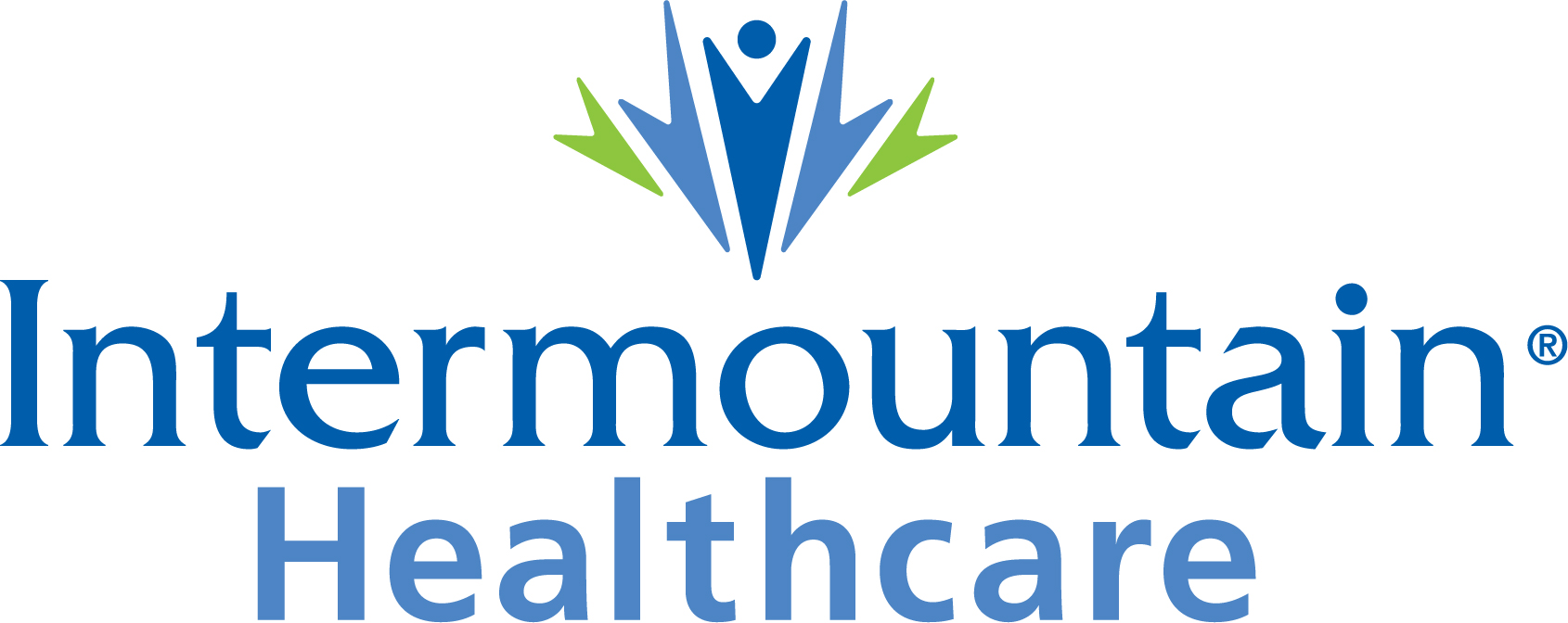Pregnant Moms Shouldn’t Eat for Two, But Eat Twice as Healthy
Industry: Healthcare
Nutrition tips for pregnant moms from a clinical nutrition expert at Intermountain Healthcare.
Salt Lake City, UT (PRUnderground) January 11th, 2023
There is a popular saying is that pregnant women “eat for two,” but it’s not healthy for expectant mothers to eat twice their usual amount of food during pregnancy.
“Women of normal weight who are pregnant with one baby need about 300 more calories per day than the standard amount recommended for women in general. That’s the equivalent of one healthy snack,” said Jennifer Wilke, RDN, clinical nutrition manager at Intermountain Healthcare. “Instead of ‘eating for two,’ think of it as eating twice as healthy. The goal is to balance getting enough nutrients to support the growth of your fetus and maintaining a healthy weight.”
Eat nutritionally dense foods
“Focus on fueling your body and baby with a variety of nutritionally dense foods. Aim for a variety of colorful vegetables and fruits on your plate. Focus on superfoods – darkly colored fruits and vegetables. Eat whole grains and foods high in fiber and rich in iron. Choose lean sources of protein,” said Wilke.
Wilke also recommends limiting sweets and fatty foods.
“Ask yourself if what you’re putting into your body is going to give your baby the best opportunity for growth and development. Recent studies show baby can taste flavors in the amniotic fluid. Eating healthy foods can influence baby’s taste preferences and gives them a healthy start,” she said.
Five important nutrients for pregnant women
- Folic acid
Pregnant women need 600 micrograms of folic acid each day according to the American College of Obstetricians and Gynecologists (ACOG). Because it’s hard to get this much folic acid from food alone, pregnant women should take a daily prenatal vitamin with at least 400 micrograms of folic acid starting at least one month before pregnancy and during the first 12 weeks of pregnancy.
- Iron
Iron is used by a woman’s body to make the extra blood that she and her fetus need during pregnancy. Women who are not pregnant need 18 mg. of iron per day. Pregnant women need 27 mg. per day. This increased amount is found in most prenatal vitamins.
“Iron-rich foods include beans, lentils, enriched breakfast cereals, beef, turkey, liver, and shrimp. It also helps if women eat foods high in Vitamin C that help their body absorb iron, like oranges, grapefruit, strawberries, broccoli, and peppers,” said Wilke.
- Omega-3 Fatty Acids
Omega-3 fatty acids are a type of fat found naturally in many kinds of fish. Omega-3s may be important for brain development before and after birth.
“Flaxseed (ground or as oil) is also a good source of omega-3s. Other sources of omega-3s include walnuts, chia seeds and soybeans,” said Wilke.
- Choline
Choline plays a role in your fetus’s brain development. It may also help prevent some common birth defects. Experts recommend that pregnant women get 450 mg of choline each day.
“Choline can be found in chicken, beef, egg yolks, milk, soy products, and peanuts. It’s important to eat foods with choline, because it’s not found in most prenatal vitamins,” said Wilke.
- Water
Drink throughout the day, not just when you are thirsty. Aim for 8 to 12 cups of water a day during pregnancy.
Weight gain
How much weight to gain during pregnancy varies depending on a woman’s body mass index (BMI) before pregnancy according to ACOG. BMI is a measure of body fat calculated from weight and height. It’s best for women to talk with their doctor or midwife about how much weight to gain during their pregnancy, as it can range from as much as 28-40 pounds if a woman is underweight, to as little as only 11-20 pounds if a woman is obese.
Foods to avoid eating when pregnant
- Avoid drinking alcohol.
- Be moderate in caffeine consumption.
- Avoid eating deli meats.
- Avoid raw fish or fish with high levels of mercury.
High intake of alcohol has been shown to cause problems with the unborn baby. The effects of moderate alcohol consumption during pregnancy are unknown, so play it safe.
Mercury is a metal that has been linked to birth defects. Limit white (albacore) tuna to only six ounces per week. Do not eat bigeye tuna, king mackerel, marlin, orange roughy, shark, swordfish, or tilefish. Also check advisories about fish caught in local waters.
Fish and shellfish are good sources of lean protein. Fish that are safe to eat include salmon, tilpapia, halibut, cod, haddock, etc. It’s recommended to eat at least two servings of fish or shellfish per week before getting pregnant, while pregnant, and while breastfeeding. A serving of fish is 8 to 12 ounces.
Wilke said that if pregnant women have cravings for foods that are low in nutritional quality, it’s best to remember to maintain good eating habits. A mental approach is important to eat healthy and curb unhealthy cravings.
For help finding a dietitian visit: https://intermountainhealthcare.org/services/nutrition-services/
For more information about women and newborn services visit: https://intermountainhealthcare.org/services/women-newborn/
About Intermountain Healthcare
Headquartered in Utah with locations in eight states and additional operations across the western U.S., Intermountain Healthcare is a nonprofit system of 33 hospitals, 385 clinics, medical groups with some 3,900 employed physicians and advanced care providers, a health plans division called SelectHealth with more than one million members, and other health services. Helping people live the healthiest lives possible, Intermountain is committed to improving community health and is widely recognized as a leader in transforming healthcare by using evidence-based best practices to consistently deliver high-quality outcomes at sustainable costs. For more information and updates, click here


